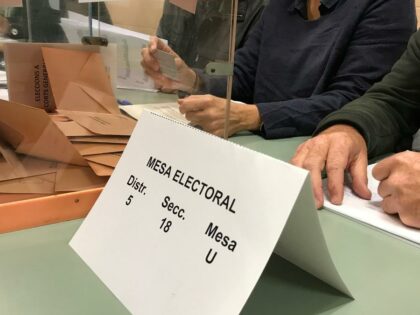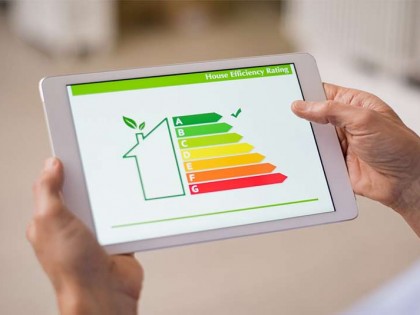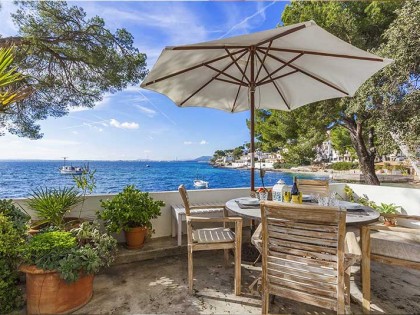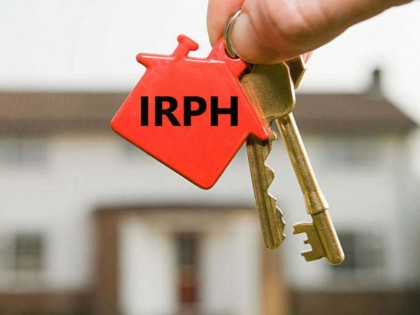When signing a rental contract it is important that both the owner/landlord and the tenant are fully aware of the rights and obligations involved for each party in terms of contract duration, rent payment, property condition, etc.
To start with, contract duration is usually mutually agreed before signing the contract, but if not specified, the term will be automatically 1 year. After the contracts initial duration (agreed or “automatic”) the tenant has the right to extend it for at least 3 more years and the landlord has the obligation to consent to it, unless it can be proved that the property is needed for the landlord’s personal use or for a 1st degree family member (son, daughter, mother or father). This situation may occur for example when the landlord lives abroad and wants to return to Spain or if a son/daughter wants to leave their parents house to start living by themselves and they don’t have an alternative property.
The main obligation of the tenant is obviously paying the agreed rent on a timely manner, usually monthly. In some cases, another way of “paying rent” would be taking on the responsibility of certain repair or refurbishment works necessary – this could serve as a partial or even total reduction of the rent to pay.
At the beginning of the contract, the tenant also has the obligation to pay a deposit – usually 1 month worth of rent or as agreed between the parties – or give other guarantees as requested by the landlord, to assure rent payment and cover any damage at the end of the contract.
Other obligations on the tenant’s side are not to perform unhealthy, illicit or dangerous activities inside the property, which would give the owner the right to terminate the contract.
The owner could have the right to end the contract also if: the tenant (or its spouse or descendants) no longer live in the property or have sublet it to someone else without prior consent; in case they sell the property or if there is a mortgage foreclosure.
On the owner/landlord’s side, the main obligation is, firstly, to hand over the property at the moment stipulated on the contract and from then on, assure the necessary maintenance and/ or repair works, so that the property complies with the habitability conditions agreed when signing the contract. This maintenance refers to such things as heating/ cooling and electrical systems, property structure, leaks and humidity issues, etc.
The obligation of undergoing repair works is the landlord’s, except if the damage has been caused by the tenant, even if by neglect, as it is their obligation not to cause damage to the property, beyond the expected wear and tear. Small repairs derived from everyday use are also responsibility of the tenant.
The last thing to take into consideration when signing a rental contract is the existence of clauses in it that may go against the Law of Urban Rentals (LAU) or the Spanish Civil Code that together set out the rights and obligations on rental contracts.
Some clauses that commonly become null for this reason are, amongst others: eliminating the right to an extension of up to three years; calling a contract “seasonal” when it does not really have that purpose; when the tenant is obliged to assume repair expenses, which are the obligation of the owner; when the tenant is required to allow the owner access to the property under any circumstances – the rented property is protected by the right to the inviolability of the tenant’s home, so the owner shall have the tenant’s consent or a judicial authorisation to enter the property.
If you intend to purchase a property in Majorca from a foreign country, Ripoll & Mateu Solicitors Mallorca can fully assist you in the buying process. We offer our clients a comprehensive service in everything required for the purchase of a property. Feel free to contact us, we specialise in Real Estate Law and legal and tax advice in the process of buying and selling a property in Mallorca.









































































































